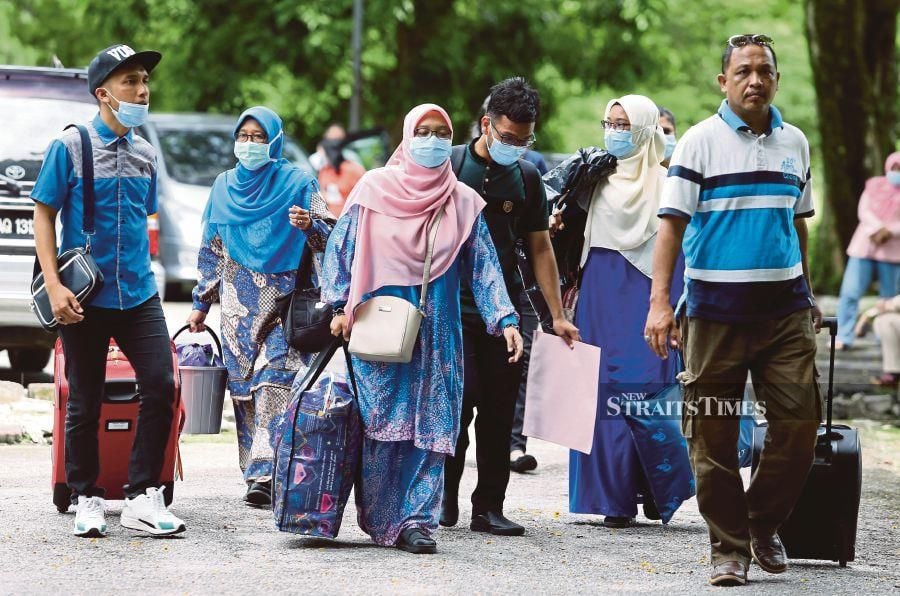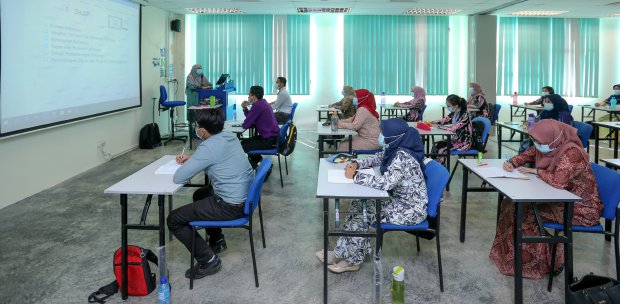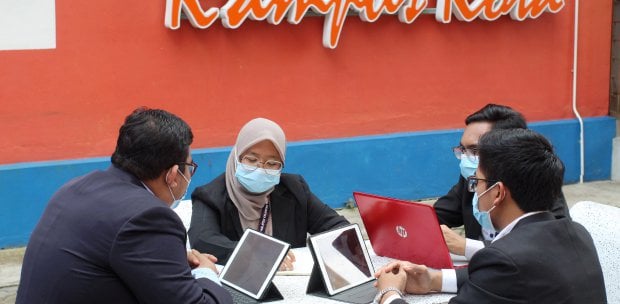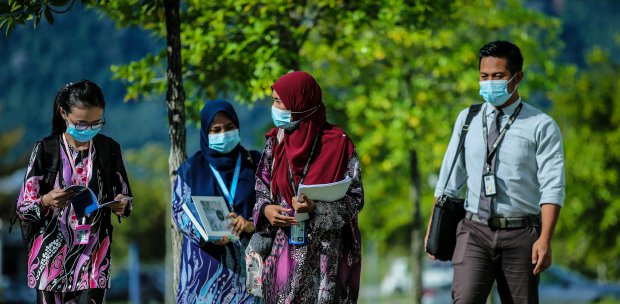KUALA LUMPUR: Malaysia should be prepared to significantly raise student intake into public universities next year to ensure that those from poorer backgrounds are not left behind.
Parent Action Group for Education chairman Datin Noor Azimah Abdul Rahim said higher education spending for the creation of additional seats and related resources has to be significantly raised alongside allocations for health and job creation in the 2021 Budget.
She said this was crucial to ensure that students from underprivileged backgrounds are able to enter universities during these trying times.
Azimah said the pandemic had, among others, caused parents to lose jobs, closed schools and halted tuition.
"This, coupled with the inherent inequalities in our education system with some students and schools needing more personal attention than others, means that the government has to seriously look into the effects and redraw strategies."
"Parents who can afford to send their children to private universities or abroad are also opting to send them to local universities instead. This may lead to students from the Bottom 40 (B40) group, especially those with marginal scores, to be pushed out."
Azimah said that the recent delay of physical intake in universities appeared to back this, with some students being left in the lurch as they didn't have money for bus tickets to go back home.
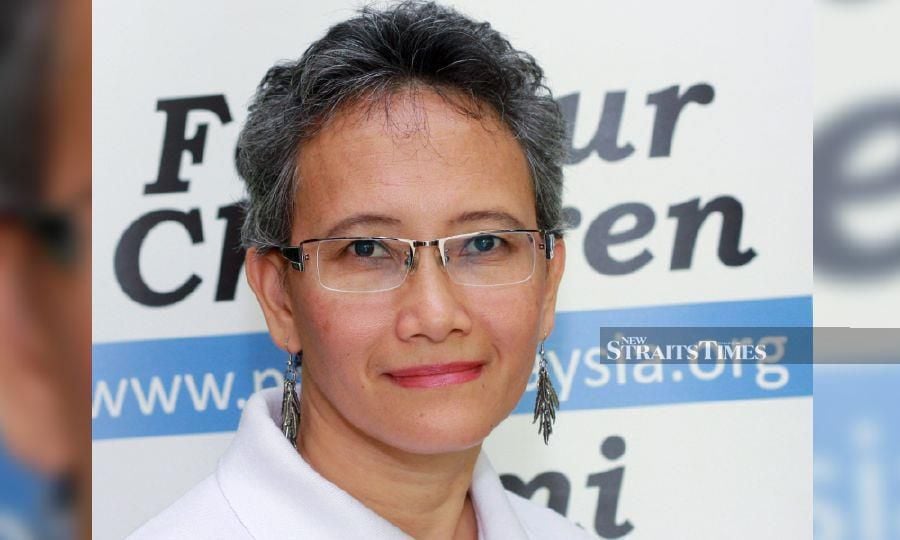
"All agencies have to sit together and redraw the cards. The Examinations Board has to be more lenient and the Central University Admissions Unit must also be more forgiving as we can't uphold pre-Movement Control Order standards."
"Research into the number of students affected and the subsequent lobbying for this has to also start now, as the 2021 Budget is around the corner," she said, adding that a simplistic hike in intake based on yearly projections would not be enough.
On the government's call to cease schooling activities in Covid-19 red zones two months before the Sijil Pelajaran Malaysia (SPM) exams, Azimah said it could not be helped.
She said this was why supporting policies such as raising the student intake was all the more crucial.
"We have issues such as limited Internet access and connectivity in Sabah and Sarawak as well as teacher absenteeism. These children need all the help they can get, especially with the dreary job market."
In July, the Statistics Department said the number of local graduates joining the workforce was already on the decline last year before Covid-19 affected the economy.
Workforce participation among graduates fell 0.1 per cent, about 50,000 lower than in 2018 to 83.5 per cent last year. The number of graduates outside the labour force in 2018 was 808,500 compared to 869,800 last year.
The unemployment rate among graduates also stagnated at 3.9 per cent with 170,300 of them having no jobs last year.
Meanwhile, the National Union of the Teaching Profession (NUTP) secretary-general Harry Tan said that while SPM and STPM examinations were likely to be affected in red-zone schools, teachers would make necessary adjustments to cater to the changes.
He also said that there were no complaints from teachers with regard to the closure, as safety remains a priority.
Tan said the NUTP is also hoping that the Education Ministry would engage more with the union on related issues and have fewer discussions in public.
"This is so that we do not cause alarm and ensure everyone remains calm over the situation. We hope that Senior Education Minister Dr Radzi Jidin would find some time and engage with the union on issues related to education."
The ministry had announced the closure of schools in red zones on Wednesday. Klang joined the Sandakan, Tuaran and Papar districts in Sabah, which closed schools after Covid-19 infectivity rates soared.


